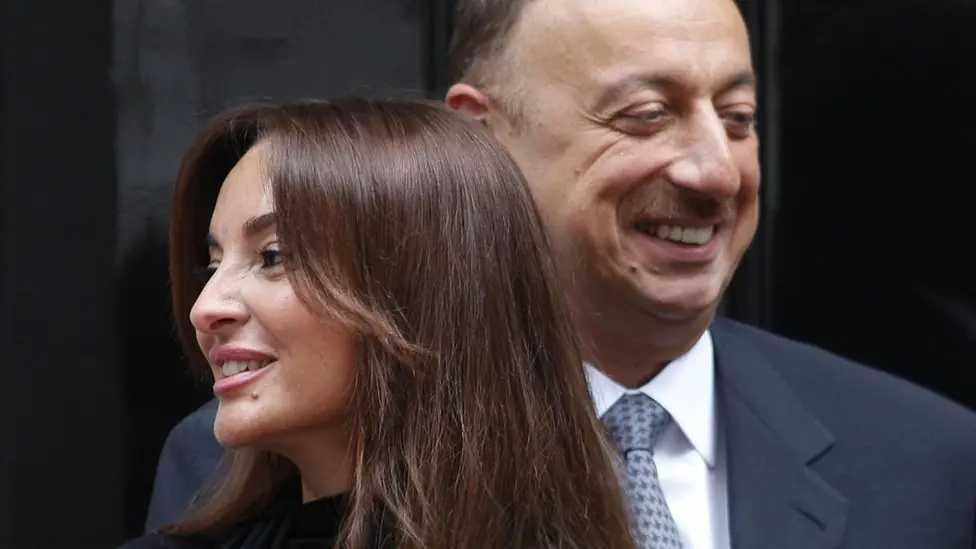My previous OC Insider was titled ‘Georgia’s uncertain 4 October’. That date has now passed, yet the ambiguity has not faded — neither the ambiguity tied to the day itself, nor, even more so, the ambiguity that has haunted the future of the Georgian state since long before 4 October.
For those who haven’t been closely following events, here’s a brief recap: on 4 October, Georgia held municipal elections that were boycotted by much of the opposition, including the two largest opposition groups. In parallel, a large anti-government demonstration took place — an event that its organisers had branded in advance as a ‘peaceful revolution’, meant to bring an end, effectively that very day, to the rule of the governing Georgian Dream party.
As many expected, according to the official initial results, Georgian Dream secured a landslide victory over the two relatively major opposition groups who did take part — though with historically low turnout, especially in Tbilisi.
As for the ‘peaceful revolution’: tens of thousands filled central Tbilisi, and the mood was high at first, until one of the organisers unexpectedly called on ‘male protesters’ to march to the nearby presidential palace. Some followed, a few tried to storm it, leading to clashes, confusion, and the eventual dispersal of the rally.
The gravest outcome of that day has undoubtedly been the new wave of arrests: alongside the five opposition figures identified as organisers of the rally, more than 30 people have so far been arrested on various criminal charges.
And this may not be the final number, as the Interior Ministry announces new arrests daily. After each announcement, people search the initials released by the ministry to find friends, relatives, and family members.
A picture of a slightly different than usual demographic of those arrested is emerging. Prior to now, many of the protesters facing prosecution have been young and based in Tbilisi. The latest round of arrests have taken place across the country. In their appeals for bail, one testified that they had a malignant tumor, another’s spouse is on dialysis, and several others said they were the primary breadwinners in their household.
Amidst all this, a natural question arises: what exactly happened? Did the organisers have a real plan behind all their earlier confident statements? And if they did, what did that plan entail? Whose idea was the presidential palace episode, and with what expectation? Why was there such an obvious lack of organisation and communication during the rally?
And then there is the question that critics had been asking even before the ‘peaceful revolution’ was announced: was it worth tying such high expectations to this specific date? And if it was, on what basis?
There has also come a flood of theories, far too many to list or examine in this format. These questions don’t come only from those who genuinely believed that Georgian Dream could be ousted in a single day; they also interest those who see this as a long-term struggle, yet are still curious about what the 4 October organisers were relying on.
Georgian Dream wasted no time in framing the 4 October demonstration as a ‘foreign-planned coup’ — a charge it routinely levels against its opponents. The ruling party’s statements reveal a clear intention to use these accusations and the rhetoric of ‘foreign agents’ to finally suppress the daily anti-government protests, which began on 28 November after the government’s EU U-turn and have continued uninterrupted for over 300 days.
Notably, Prime Minister Kobakhidze recently signalled ‘zero sympathy’ toward the demonstrators and promised ‘systematic steps’ against them.
Yet can the ruling party stop a movement it has so far failed to crush through brutal physical force, arrests, and heavy fines? Just two days after Kobakhidze’s statement, on 8 October, more people joined the nightly anti-government march than have in recent weeks. As activist Gota Chanturia noted, it was a response to Kobakhidze.
‘We are here, we are fighting, we have not been defeated!’, he said.
At the same demonstration, plans were voiced to spread the protest around Tbilisi and to bring its message to wider circles of the public.
Meanwhile, nearly a year has passed since the two pivotal events that have shaped all subsequent developments in Georgia: the disputed parliamentary elections on 26 October 2024, which kept Georgian Dream in power, and 28 November, when the country’s EU membership bid was suspended.
Sometimes, especially when I pass by parliament on my way to or from work, I can hardly believe how much has happened in such a short time: a space where hope and despair clash fiercely; where some are content, others dissatisfied yet resigned, and still others stubbornly continue fighting for what they believe in.
This was precisely what Chanturia embodied when speaking at the 8 October gathering:
‘We are here, we are fighting, we have not been defeated!’






